Alzheimer’s disease overview
Alzheimer’s disease is a reformist issue that causes synapses to die (savage) and kick the bucket. The Alzheimer’s ailment is the most widely recognized reason for dementia. A persistent decrease in speculation, conduct, and social aptitudes disturb an individual’s capacity to work freely.
The early indications of the illness might be overlooking late occasions or discussions. As the malady advances, an individual with Alzheimer’s ailment will create serious memory hindrance and lose the capacity to do regular assignments.
Momentum Alzheimer’s sickness prescriptions may incidentally improve indications or moderate the pace of decrease. These medicines can now assist individuals with Alzheimer’s infection, expand work, and keep up autonomy for a period. Various projects and administrations can help uphold people with Alzheimer’s disease and their guardians.
No treatment fixes Alzheimer’s disorder or modifies the sickness cycle in mind. In cutting edge phases of the disease, difficulties from a severe loss of mind work —, for example, lack of hydration, unhealthiness, or contamination — bring about death.
Alzheimer’s illness is an irreversible, reformist mind issue that gradually obliterates memory and thinking aptitudes, and, in the long run, the capacity to do the most straightforward assignments. In a great many people with Alzheimer’s, manifestations initially show up in their mid-60s. Evaluations differ; however, specialists recommend that more than 5.5 million Americans, the more significant part of them age 65 or more established, may have dementia brought about by Alzheimer’s.

Alzheimer’s disease is the most well-known reason for dementia.
Alzheimer’s illness positioned as the 6th driving reason for death in the United States. Yet, late gauges show that the turmoil may rank third, only behind coronary disease and malignancy, as a reason for death for more seasoned individuals.
Alzheimer’s disease is the most well-known reason for dementia among more seasoned grown-ups. Dementia is the loss of intellectual working—thinking, recollecting, and thinking—and conduct capacities so much that it meddles with an individual’s everyday life and exercises.
Dementia ranges in seriousness from the mildest stage. It is merely starting to influence an individual’s work, to the most extreme phase, when the individual must rely totally upon others for essential exercises of day by day living.
The reasons for dementia can differ, contingent upon the kinds of mind changes that might be occurring. Different dementias incorporate Lewy body dementia, frontotemporal messes, and vascular dementia. It is regular for individuals to have blended dementia—a mix of at least two kinds of dementia. For instance, a few people have both Alzheimer’s disorder and vascular dementia.
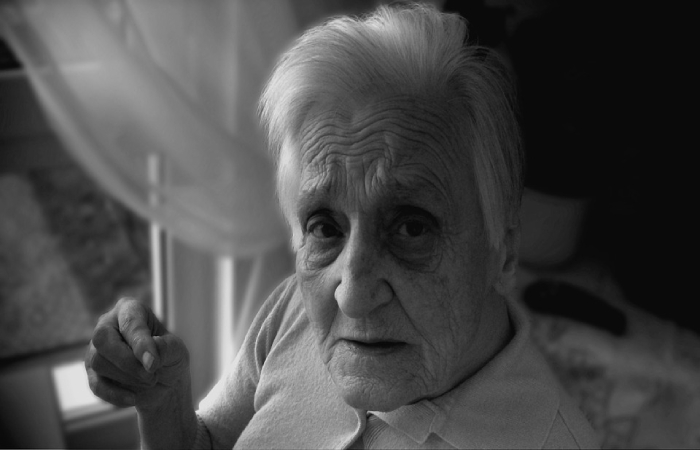
Alzheimer’s called after Dr. Alois Alzheimer’s. In 1906, Dr. Alzheimer saw changes in the mind tissue of a lady who had passed on a strange psychological instability. Her indications included cognitive decline, language issues, and eccentric conduct. After she passed on, he analyzed her cerebrum and discovered numerous abnormal clusters (presently called amyloid plaques) and tangled packs of filaments (now got neurofibrillary, tau, tangles).
These plaques and tangles in the cerebrum are supposed to be a portion of Alzheimer’s ailment’s main highlights. Another element is the loss of associations between nerve cells (neurons) in the mind. Neurons communicate messages between various senses and from the cerebrum to muscles and organs in the body.
Signs and Symptoms of Alzheimer’s Disease
Memory loss is a crucial indicator of Alzheimer’s disease. An early symptom of the disease is usually difficulty in memorizing recent events or chats. Besides, as Alzheimer’s disease progresses, memory impairments get worse, and also developing other symptoms.
At first, a person with Alzheimer’s disease may be aware of the difficulty in memory and establishing views. However, a family member or friend may be more likely to notice how the symptoms worsen.
Memory difficulties typically one of the first signs of cognitive impairment related to Alzheimer’s disease. Some persons with memory problems have a condition termed Mild Cognitive impairment (MCI).
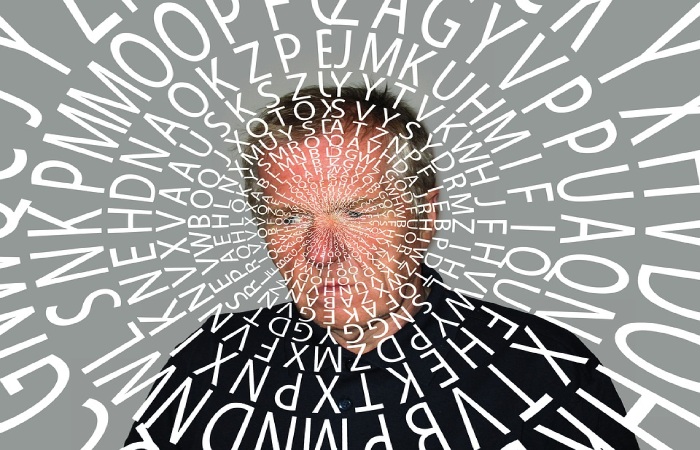
Mild Cognitive impairment (MCI).
In MCI condition, people have more memory problems than their age, but their signs do not affect their everyday lives. Movement worries and issues with the sense of smell also connected with MCI. Older people with MCI are at a greater risk of developing Alzheimer’s, but not for all. Some people may even go back to normal cognition.
Primary symptoms of Alzheimer’s vary from person to person. For many, the decline in non-memory aspects of cognition, such as word-finding, vision/spatial issues, and impaired reasoning or judgment, may signal the very early stages of Alzheimer’s disease.
Researchers study biomarkers-( biological signs of disease found in brain images, Cerebrospinal fluid, and plasma ).
To perceive early changes in the brains of people with MCI, and cognitively familiar people may be at greater risk for Alzheimer’s.
Moreover, studies indicate that such early detection is possible, but more research is needed before these techniques use routinely to diagnose Alzheimer’s disease in everyday medical practice.
Mind changes related to Alzheimer’s sickness lead to developing issue with:
Memory
Everybody has incidental memory slips. It’s not unexpected to forget about where you put your keys or overlook the name of an associate. In any case, the cognitive decline related to Alzheimer’s ailment perseveres and exacerbates, influencing the capacity to work at work home.
Individuals with Alzheimer’s may:
- Rehash articulations and inquiries again and again.
- Disregard discussions, arrangements, or occasions, and not recall them later
- Regularly lose assets, frequently placing them in strange areas.
- Become mixed up in recognizable spots
- In the long run, overlooking the names of relatives and regular items.
- Experience difficulty finding the correct words to distinguish objects, express contemplations, or partake in discussions.
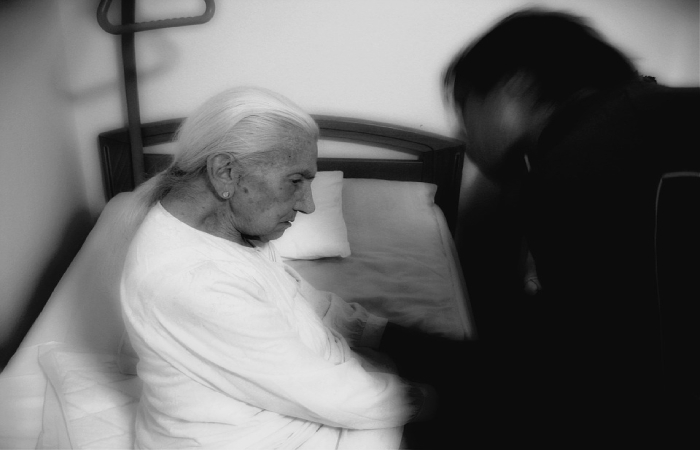
Thinking and Reasoning
Alzheimer’s illness causes trouble focusing and thinking, particularly about theoretical ideas, for example – numbers.
Carrying out multiple tasks is particularly troublesome, and it might be trying to oversee funds, balance checkbooks, and take care of tabs on schedule. These troubles may advance to helplessness to observe and manage figures.

Settle down on Decision and Choices
The capacity to settle down on sensible choices and decisions in ordinary conditions will decay. For instance, an individual may settle on poor or strange decisions in social cooperations or wear garments improperly for the climate. It might be harder to react viably to typical issues, for example, food consumption on the oven or sudden driving circumstances.
Arranging and performing recognizable undertakings
Once-normal exercises that require consecutive advances, for example, arranging and preparing supper or playing a most loved game, become a battle as the sickness advances. Inevitably, individuals with cutting-edge Alzheimer’s may overlook how to perform essential errands, for example, dressing and washing.
Phases of Alzheimer’s Disease
Mellow Alzheimer’s Disease
As Alzheimer’s ailment advances, individuals experience more noteworthy cognitive decline and other intellectual troubles. Issues can incorporate meandering and get lost, inconvenience dealing with cash and covering tabs, rehashing questions. Taking more time to finish the ordinary day by day assignments and character and conduct changes. Individuals get regular analyzation in this stage.
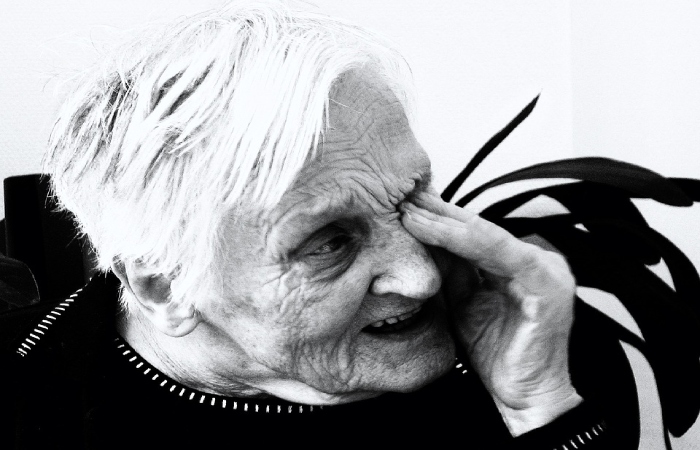
Moderate Alzheimer’s Disease
In this stage, harm happens in the mind’s regions that control language, thinking, tangible handling, and cognizant idea. Cognitive decline and disarray deteriorate, and individuals start to have issues perceiving loved ones. They might not learn new things and do multistep errands, for example, getting dressed or adapting to unique circumstances. Likewise, individuals at this stage may have mind flights, fancies, and neurosis and may act incautiously.

Serious Alzheimer’s Disease
Eventually, plaques and tangles spread all through the mind, and cerebrum tissue shrivels altogether. Individuals with severe Alzheimer’s can’t impart and are reliant on others for their consideration.
Close to the end, individuals might be sleeping most or the entirety of the time as the body closes down.
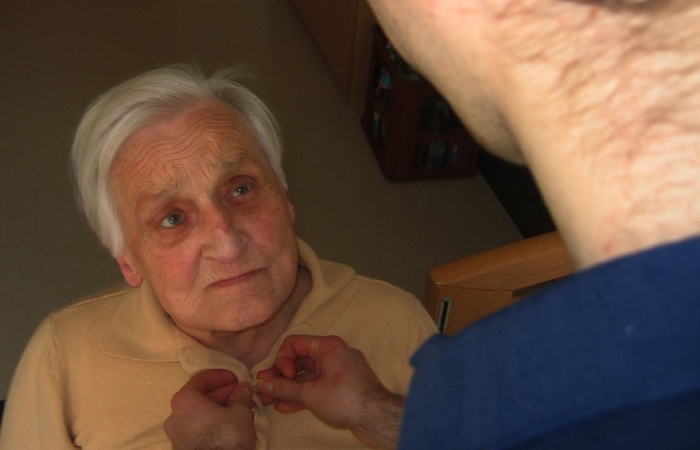
Changes in character and conduct
Cerebrum changes that happen in Alzheimer’s sickness can influence mindsets and practices. Issues may incorporate the accompanying:
- Wretchedness
- Unresponsiveness
- Social withdrawal
- Emotional episodes
- Doubt in others
- Crabbiness and forcefulness
Changes in dozing propensities
- Meandering
- Loss of hindrances
- Daydreams, for example, thinking something has been taken.
Safeguarded abilities
Numerous significant abilities are saved for more extended periods. Even while manifestations compound. Protected aptitudes may incorporate perusing or tuning in to books, recounting stories and thinking back, singing, tuning in to music, moving, drawing, or creating.
These aptitudes might be protected longer since they are constrained by parts of the mind influenced later throughout the sickness.
Causes
Researchers accept that for the vast majority, Alzheimer’s ailment brought about by a blend of hereditary, way of life, and ecological components that influence the mind after some time.
Under 1 percent of the time, Alzheimer’s is brought about by explicit hereditary changes that ensure an individual will build up the illness. These uncommon events, for the most part, bring about ailment beginning in middle age.
Specific reasons for Alzheimer’s sickness entirely cannot seen. However, at its center are issues with cerebrum proteins that neglect to work typically, disturb crafted by synapses (neurons), and release a progression of harmful occasions. Neurons injured, lose associations with one another, and bite the dust in the long run.

The harm regularly begins in the mind’s area that controls memory, yet the cycle starts a long time before the primary indications. The loss of neurons spreads in a somewhat unsurprising example to different regions of the cerebrums. By the late phase of the infection, the cerebrum has contracted essentially.
Also, read: Psoriasis: Causes, Symptoms, Treatment, and Complications
Related posts
Trending Posts
Clinique Moisturizer-The best face moisturizers from Clinique
Clinique moisturizer – Description The Clinique moisturizer-“Drastically Extraordinary Saturating Moisturizer ” has an improved equation that fundamentally fortifies skin’s dampness…
Novex DS Tablet: Uses, Dosage, Side Effects – WHBT
About Novex DS Tablet This Novex DS tablet is a particular estrogen receptor modulator, otherwise called SERM. It is essentially…

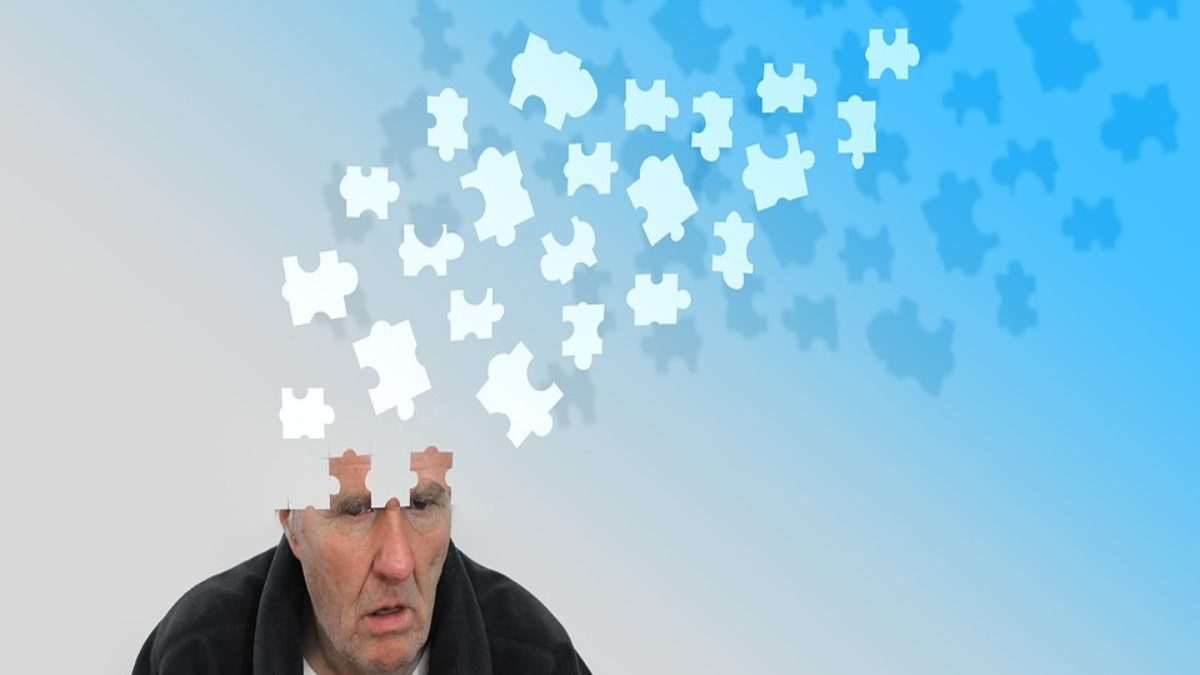




Review Alzheimer’s Disease – Symptoms, Phases and Causes.